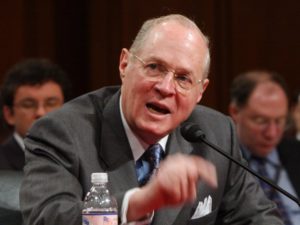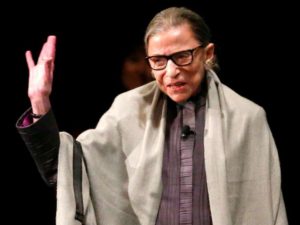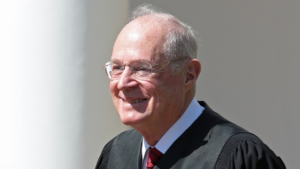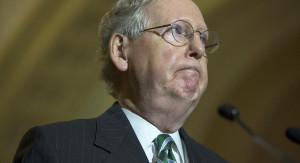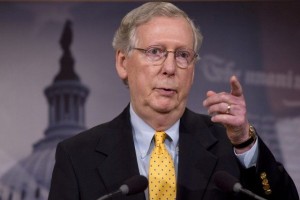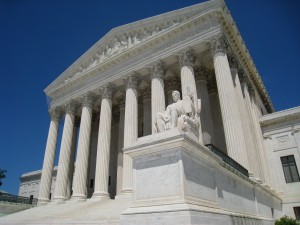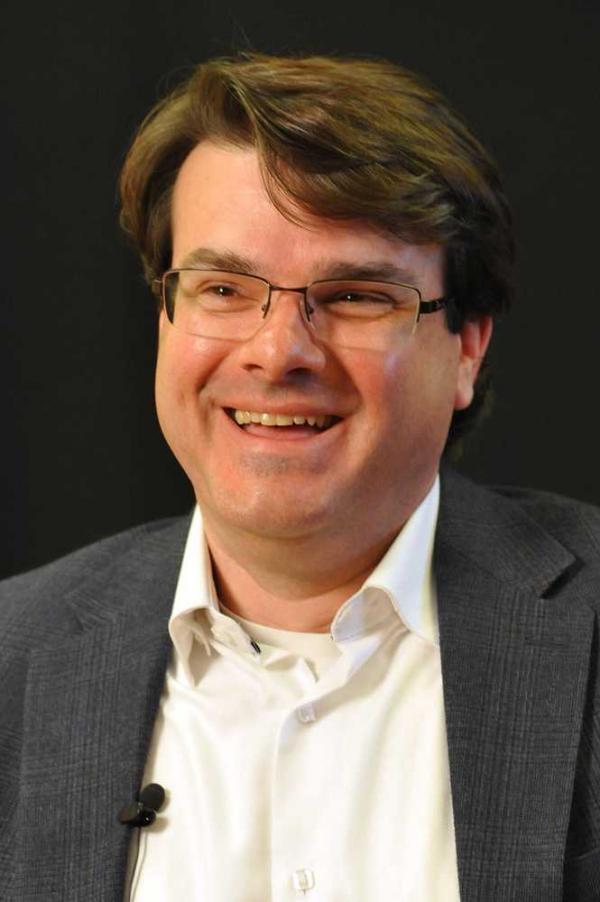U.S. Senate Majority Leader Mitch McConnell had this to say in February 2016 as it regarded President Barack Obama’s desire to nominate someone to replace the U.S. Supreme Court Justice Antonin Scalia: The American people should have a voice in the selection of their next Supreme Court Justice.
Hmm. What do you think of that?
Here we are, in June 2018. The Supreme Court has just been opened up yet again. Justice Anthony Kennedy has announced his retirement. Sen. McConnell said he intends to push for a Senate vote by this fall.
Hey! Wait a minute!
We have an election coming up. One-third of the Senate, which must confirm the next appointee, is on the ballot. It could swing from narrow Republican control to Democratic control after the November midterm election.
Don’t the “American people” have the right to be heard in the selection of the next Supreme Court justice? Don’t they, Mr. Leader?
That was his bogus rationale in blocking Merrick Garland’s nomination from President Obama in 2016. The president had a year left in his tenure. We had a presidential election coming up later that year. McConnell said “no way” on the nomination. He blocked it. He obstructed the president. He then — in a shameful display of a lack of self-awareness — accused Democrats of “playing politics” when they insisted that the Senate hold confirmation hearings and then vote on Garland’s nomination.
If anyone “played politics” with that nomination, it was Mitch McConnell!
Now, the leader wants to fast-track the latest Supreme Court nomination on the eve of an equally important election that could determine the ideological and partisan balance in the body that must confirm this nomination.
Does this election count as much as the 2016 presidential election? Aren’t U.S. senators members of a “co-equal branch of government”? Or is the majority leader going to play politics yet again by ramrodding this nomination through — before the people have the chance to have their voices heard?
